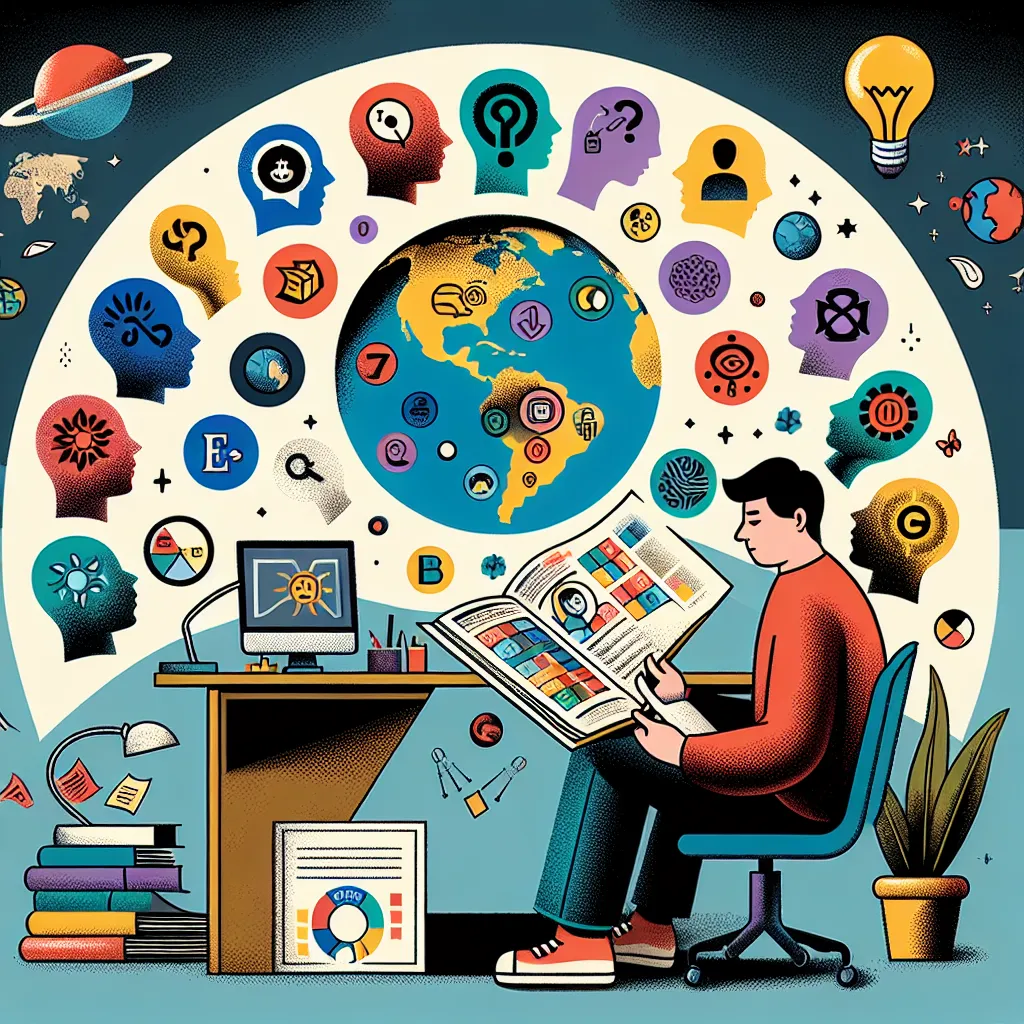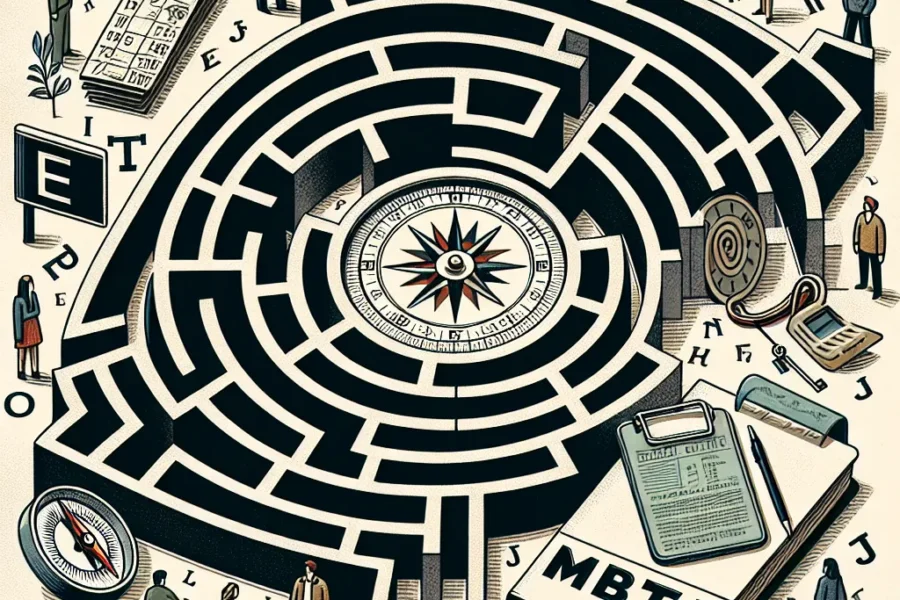Understanding yourself is essential to personal growth and navigating the complexities of life. It is not uncommon to find yourself on a journey toward self-discovery, wondering where you fit within the plethora of personality types. For those grappling with the enigma of their own identity, precisionpersonality.online comes as a beacon, offering an incredibly accurate and free personality test that serves as a helpful tool in your quest for self-knowledge.
Personality typing is a method of understanding human behavior that classifies people into distinct categories based on their preferences, behaviors, and worldviews. Recognizing your personality type can be enlightening, empowering you to make more informed decisions about your career, relationships, and life.
However, the challenge arises when you are unable to pinpoint precisely where you belong within these categories. If you are saying to yourself, “I can’t figure out my personality type,” you are not alone. Here are steps to help you on your path to discovering your true personality profile without specifying any particular framework.
### Begin with Self-Reflection
The first step toward discovering your personality type is to invest time in introspection. Ask yourself deep, probing questions about how you react in different situations. For instance, consider how you respond to stressful scenarios, what activities energize you, how you interact with others in social settings, or the way you organize your life. These questions can reveal patterns in your behavior and preferences that are key indicators of your personality.
### Seek Feedback from Others
Sometimes it’s hard to see ourselves objectively, so feedback from friends, family, or colleagues can be invaluable. These individuals observe you in various roles and circumstances, and their perceptions can provide additional insights. Make sure to ask people who know you well and whose opinions you trust to get the most accurate feedback.
### Research Different Personality Frameworks
While it’s important not to fixate on a specific personality framework, understanding various models can give you a language to describe the aspects of your personality that you’ve noticed. Research different theories and see which ones resonate with your self-observations. You might find that certain concepts or terminologies click with your experiences, providing clues to your personality type.
### Keep a Behavior Journal
Documenting your daily reactions to events can be an invaluable tool. Keeping a journal where you note your feelings, thoughts, and behaviors in different contexts over time may allow you to see patterns in how you operate naturally. Writing about your experiences can help you notice subtleties in your behavior that might be the key to unlocking your personality type.
### Try Various Online Personality Tests
The internet hosts an array of personality assessment tools that can help you in your journey. It is beneficial to take multiple tests from reputable sources to gather a variety of perspectives. Though not all tests are created equal, they can still provide valuable information and prompt you to consider aspects of your personality that you may not have previously contemplated. Be critical of the results and use them as a launching pad for further self-exploration rather than an end-all answer.
### Engage in Experiential Learning
Sometimes theoretical understanding is not enough; you need hands-on experiences. Put yourself in new situations that challenge you to adapt and observe how you respond. This type of learning can not only be a source of personal growth but also expose you to different sides of your personality. For example, volunteering for a leadership role might reveal whether you’re more assertive or accommodating, while tackling a creative project could show if you prefer structured or spontaneous work.
### Consider Professional Assessment
If you’re really struggling to understand your personality, working with a professional could be helpful. A certified coach, counselor, or psychologist can provide a more structured approach to personality assessment. They can guide you through more in-depth analysis and can offer personalized feedback based on their expertise.
### Embrace the Journey, Not Just the Destination
Remember that the process of discovering your personality type is just as important as the outcome. It’s an opportunity for growth and self-awareness. Your personality can also evolve over time, so don’t be discouraged if you feel like your type doesn’t fit perfectly into a neat box. The goal isn’t to label yourself, but to understand yourself better so you can lead a life that’s true to who you are.
### Be Open to a Spectrum Instead of a Type
Lastly, consider that you might not fit precisely into one single personality type. Human beings are complex and multi-dimensional. Embracing this complexity means allowing yourself the freedom to act and feel differently in different contexts. It’s okay if your personality can’t be summarized in a simple acronym or category. What matters most is gaining insights that can help you navigate life with more confidence and authenticity.
In conclusion, figuring out your personality type can be a tricky yet rewarding journey. It requires honest self-reflection, feedback from people around you, exploring different theories, and being open to the idea that you might not fit snugly into one category. Whether you choose to use online tools, journal your experiences, or seek professional guidance, what you learn about yourself along the way can be a powerful tool for personal development. Understanding your personality is a continuous journey, one that can help you live a more fulfilling and self-aware life.



Leave a Comment